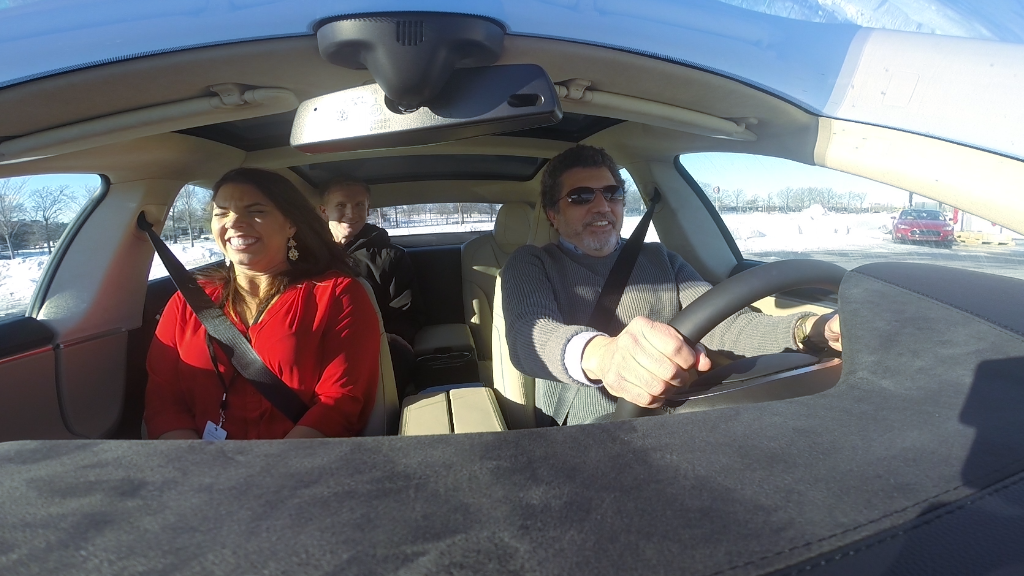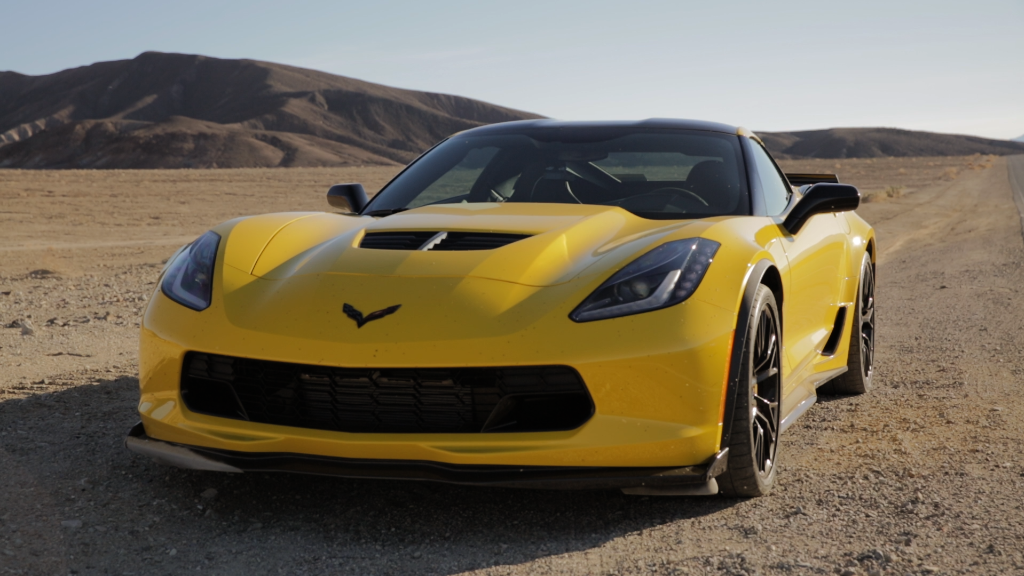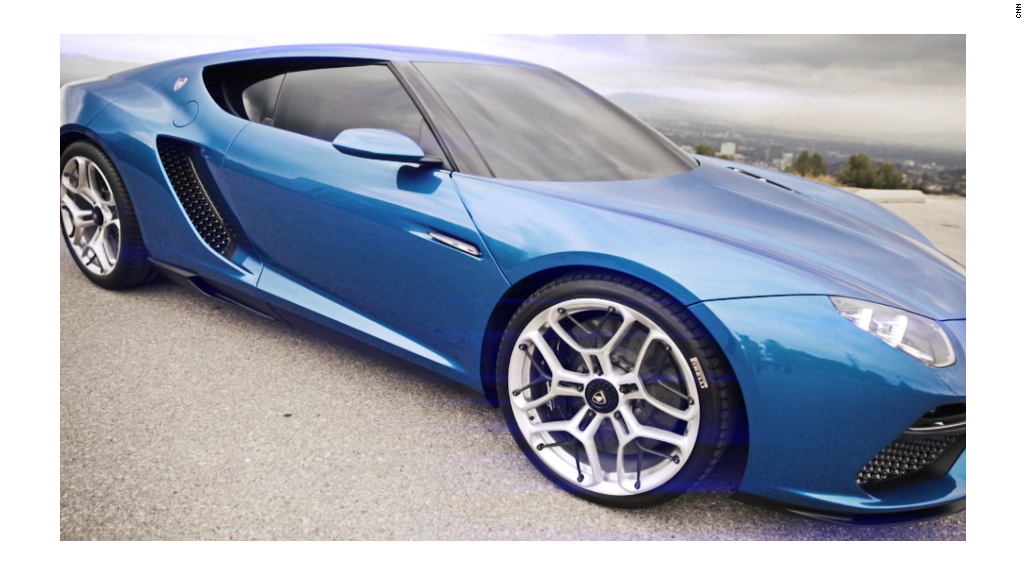
Tesla wanted to add all-wheel-drive to its Model S to make it more appealing in northern states. But adding a separate electric motor to the front wheels had a strange side effect.
Namely, it gave the car 692 horsepower and the ability to go from zero to sixty in about 3.2 seconds.
That's supercar speed in a sedan that can seat up to seven people. That's right. With optional rear-facing third-row seats, two kids can sit facing backwards in the hatchback space and make faces at that guy in the Camaro you just blew past.
I've driven other cars that can deliver 60 miles an hour in three seconds or even less. Ferraris, Lamborghinis, Bugattis, a Porsche 918, a Corvette Z06 to name a few. It's a rollercoaster ride I've taken a few times. But this car is different.

For one thing, it's easy. Almost too easy.
With most of those exotic supercars, achieving sternum cracking acceleration requires a special "launch mode." It goes something like this.... You press the "Launch Mode" button, hold the brake pedal down, press the gas pedal to speed the engine to a certain RPM level then release the brake when you're ready and... Wham! Hold on tight to the steering wheel while the car squirms, skitters and howls its way to illegal speeds.
Here's what you do in the P85D. You switch the drive mode selector from "Sport" to "Insane" -- those are your only two choices -- and push the accelerator pedal to the floor. That's it.
Related: Nissan GTR: No longer a cheap supercar alternative
Also, it's amazingly calm and quiet, as long as there isn't someone in the passenger seat screaming as if they'd just been pushed down an elevator shaft. There's just a tiny moment of initial hesitation and then things start coming at you astonishingly fast. There's no engine noise, of course, because there's no combustion engine. And, thanks to all-wheel-drive, no noisy screeching from the tires. They maintain their grip on the pavement with ease as the car hurtles forward like a jet launched off an aircraft carrier.
Fortunately, slowing down is just as easy. The first time I did this zero-to-60 launch I finished by slamming on the brakes. I was driving the car in an empty baseball stadium parking lot, after all, and I figured I'd need to slow down fast or I'd blast myself right off the nice little cone course Tesla had set up.

Really, I didn't. This car has "regenerative brakes," meaning the moment I lifted my foot off the "gas" it began slowing itself down, using the car's forward momentum to generate electricity, feeding the batteries and, at the same time, slowing the car. Also, with acceleration that quick, there was plenty of room ahead of me even after I'd blasted well past 60 miles an hour.
There's one other really nice effect of that additional front motor. This especially roomy car corners magnificently. The Tesla Model S already handles very well thanks, in large part, to a battery pack down in the floor that keeps the car's center of gravity nice and low.
The extra motor adds some weight to the Model S's front and, more importantly, traction from the front wheels that helps pull the nose through turns. As I went through Tesla's wriggling cone course faster and faster the car never lost composure, even when bumping over flattened piles of snow in the middle of the track. Computers shift the power, as needed, from front wheels to back and also side to side.
Even the "regular" Model S has already gotten rave reviews from pretty much everyone who's been able to drive one. Adding a whole bunch more power and all-wheel-drive only makes it better. Yes, it is expensive. Prices for the Tesla Model S P85D start at about $105,000, before government tax incentives. But, even at that price, it stands up very nicely against competitors from Mercedes-Benz, BMW and the rest. Plus, it doesn't burn any gas.
For now, at least, this looks to be the luxury car to beat. And I don't just mean in a drag race.

